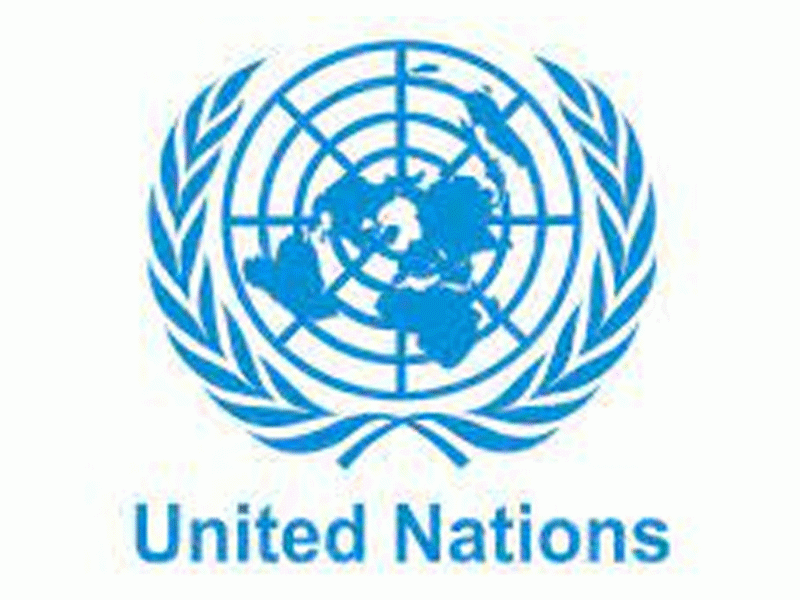By Cecilia Ologunagba
The UN Human Rights Council has expressed regret over the United States’ decision not to take part in a key review of its human rights record, scheduled for this week in Geneva.
The review, known as the Universal Periodic Review (UPR), is a process in which all UN Member States have their human rights performance examined by their peers.
The U.S. was due to appear before the Council’s Working Group on Friday but declined to do so – the first time the country has refused to take part in its own review.
Jürg Lauber (centre), President of the UN Human Rights Council, presides the meeting of the scheduled universal periodic review of the United States of America.
Council members urged Washington to resume cooperation with the UPR and said they would reschedule the review for 2026, though it could take place earlier if the US re-engages.
The decision follows the Trump administration’s recent disengagement from the Human Rights Council itself, although all UN Member States that are not among the 47 members of the Council remain observers, able to represent themselves during proceedings.
The previous U.S. withdrawal, in 2018 under the first Trump administration, did not prevent the country from taking part in its 2020 UPR – making this year’s absence unprecedented.
Documents compiled for the planned review, including reports by UN experts and civil society groups, remain available online. The U.S. did not submit its own national report before the deadline.
The council said it would continue efforts to persuade the U.S. to return to the process, stressing that the UPR system relies on equal participation by all 193 UN Member States.
Meanwhile, UNICEF Goodwill Ambassador Orlando Bloom has visited Bangladesh to see the impact of severe cuts to aid work on children living in camps in Cox’s Bazar.
The star actor met some of the 500,000 children in the vast camp, along with their families.
They are “100 per cent dependent on aid”, but it is shrinking, he warned.
At risk from the funding cuts are education, health, protection and survival for people in the camps who are mainly ethnic Rohingya who fled persecution in neighbouring Myanmar – most of them following an systematic military operation in August 2017.
“It’s a very transient environment, there are so many people coming and going,” the veteran British actor and UNICEF champion observed. (NAN)

